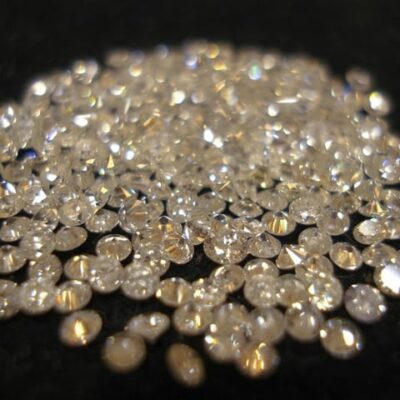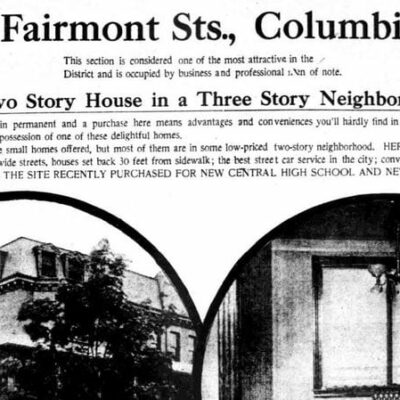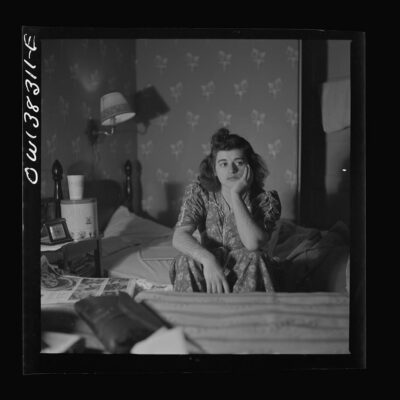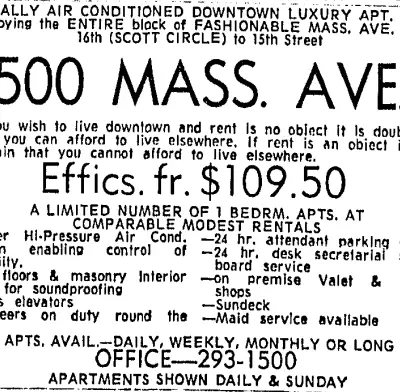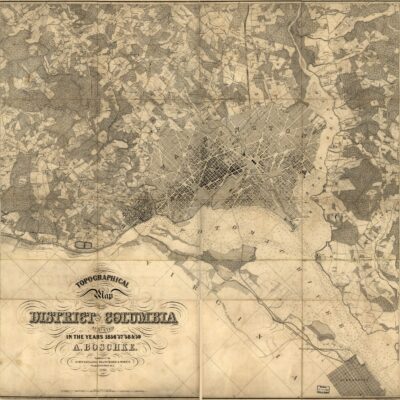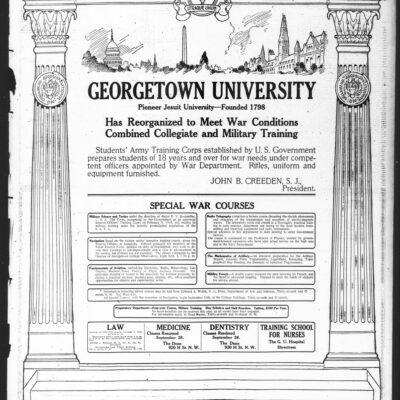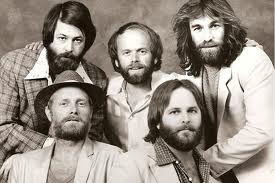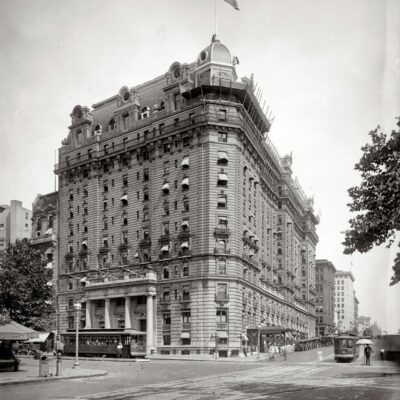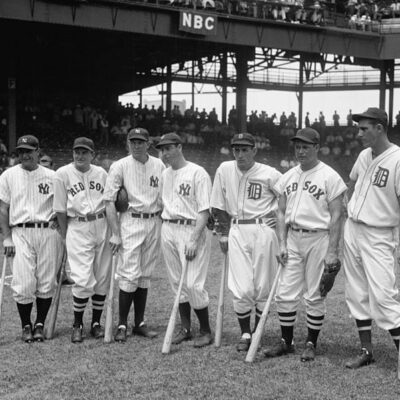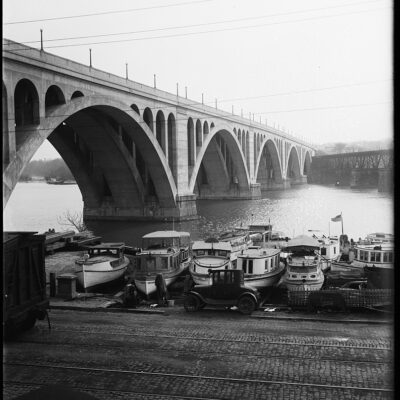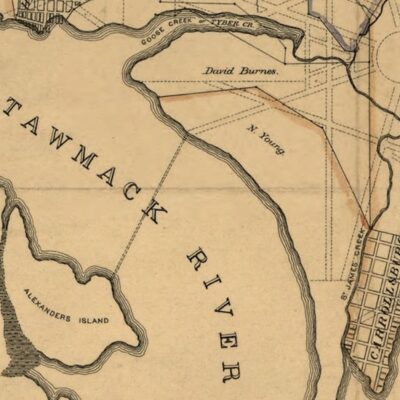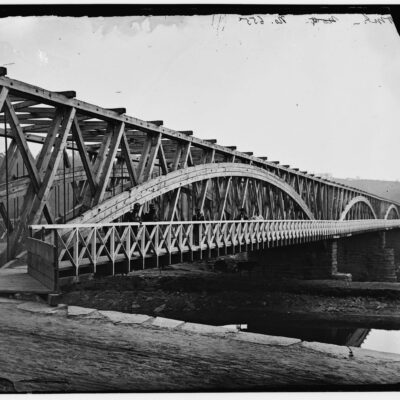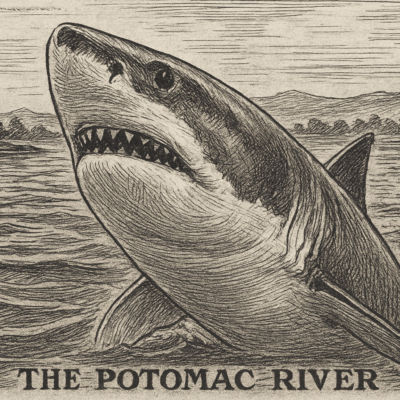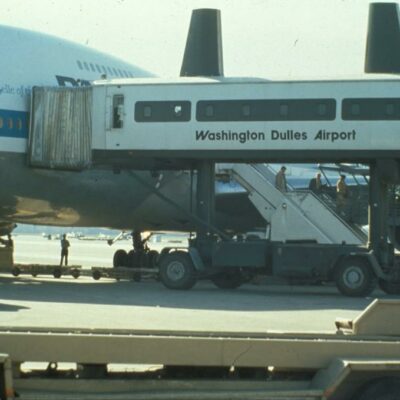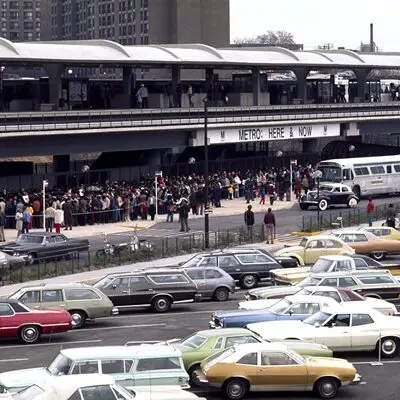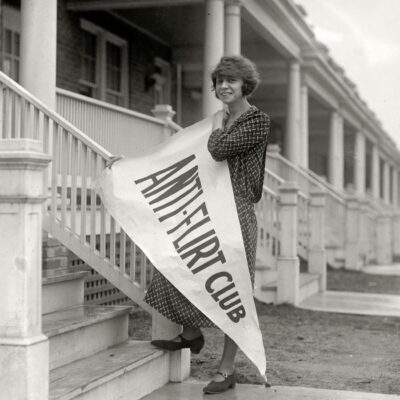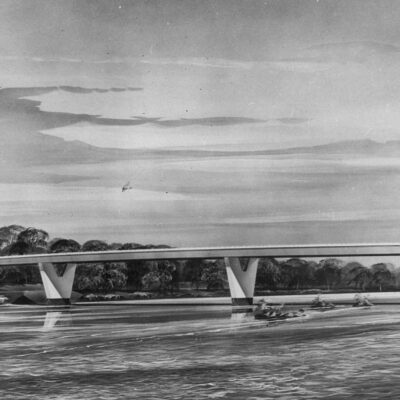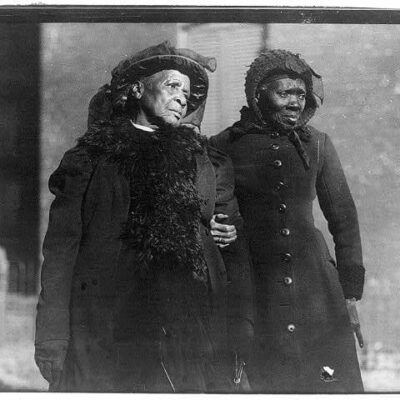A Diverse and Exuberant Inaugural Parade
On March 4, 1905, Theodore Roosevelt was sworn in for his second term as president of the United States. His inauguration marked the beginning of his only full term as president, having assumed the presidency in 1901 after the assassination of President William McKinley.
Roosevelt’s inaugural celebrations reflected the exuberance and diversity of America at the turn of the century. The inaugural parade was filled with cowboys, Native Americans including the legendary Apache chief Geronimo, coal miners, soldiers, and students – capturing the mosaic of American life in the early 1900s.
Chief Justice Melville Fuller administered the oath of office to Roosevelt on the East Portico of the Capitol building. Roosevelt then delivered his inaugural address, striking an optimistic and uplifting tone about the country’s future success while warning of the hard work required.
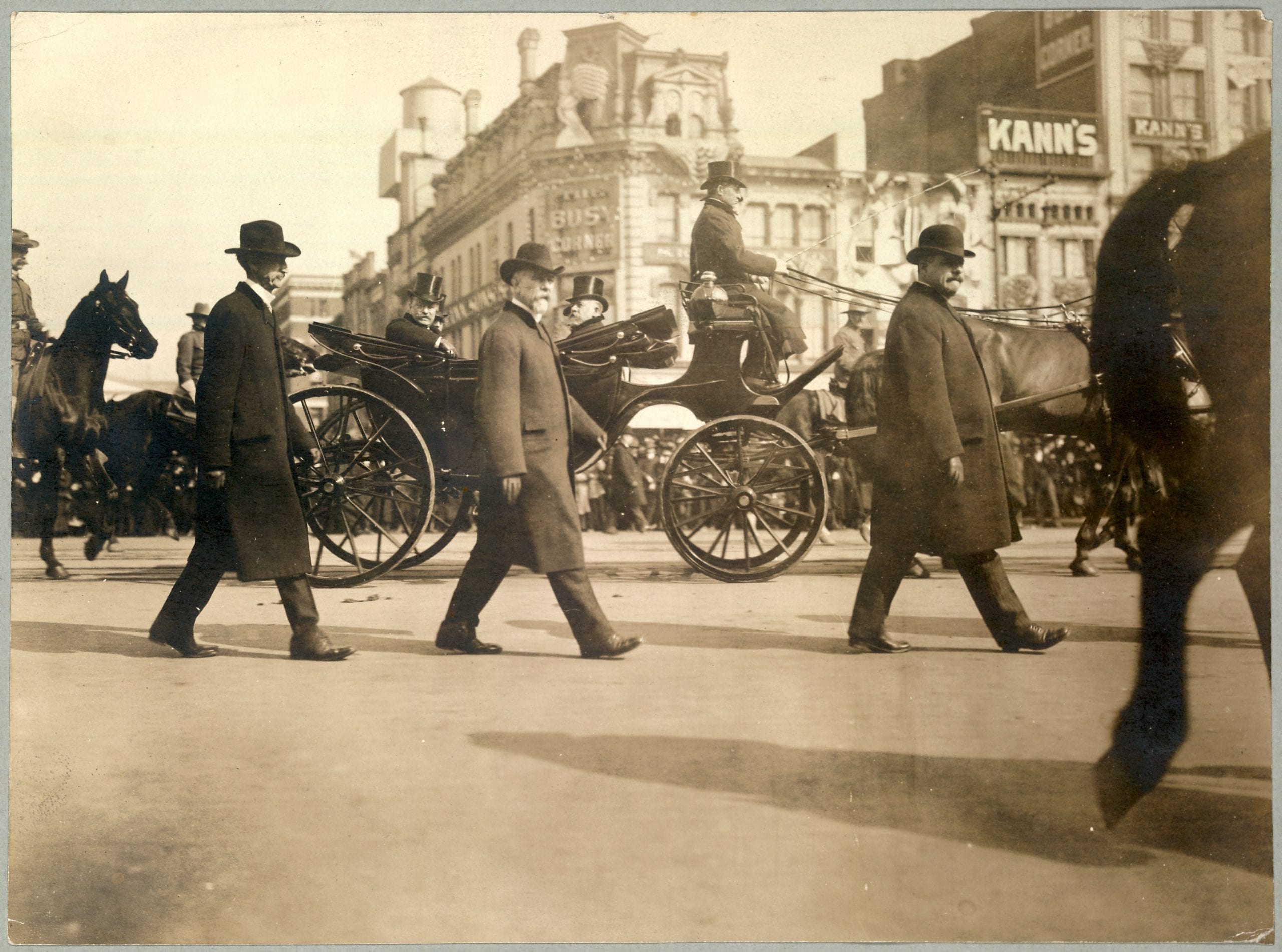
Roosevelt’s Call for American Virtue and Responsibility
In his speech, Roosevelt proudly spoke of America’s prosperity and happiness compared to other nations, crediting the “Giver of Good” for blessing the country. He remarked on America’s unique privileges – to lay new national foundations on a new continent without the burdens of an established civilization.
While encouraging cordial relations with other nations, Roosevelt also stressed military strength and readiness so that no foreign power would wrong America. He called for “the peace of justice, the peace of righteousness” rather than peace for its own sake.
Roosevelt emphasized the grave trials facing America as a new world power with great wealth, industry and responsibility. He warned that failure of America’s democratic experiment would undermine free institutions worldwide.
Maintaining America’s Pioneering Spirit
However, Roosevelt expressed faith that today’s generation would meet its challenges with the same spirit as the nation’s founders. According to Roosevelt, while contemporary problems differed from those historically, the fundamental American spirit remained unchanged.
He urged citizens to face the nation’s complex modern problems with intelligence, courage, determination and devotion to high ideals. Throughout his address, Roosevelt highlighted American virtues like self-reliance, initiative, energy, confidence, pragmatism and justice.
He called citizens to exercise these virtues in solving current challenges and carrying out their duties. With this uplifting rhetoric, Roosevelt aimed to motivate Americans to maintain the nation’s pioneering spirit, character and ideals even as the country assumed a greater role on the global stage.
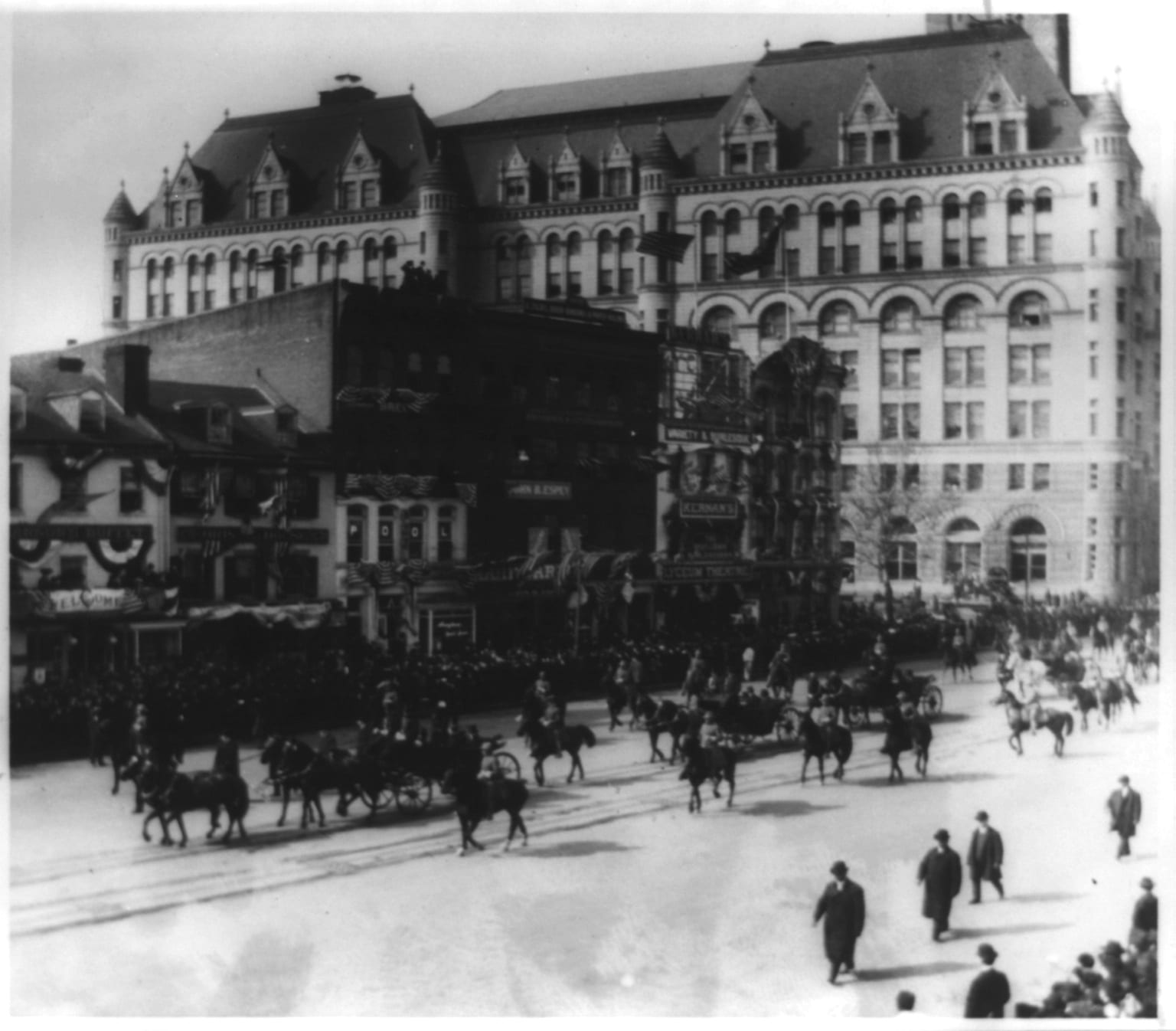
Inspiring National Unity and Confidence
Roosevelt’s soaring speech reflected his vision of an ascendant America that combined ethics, civic responsibility, military strength, social justice and economic prosperity. Roosevelt sought to inspire Americans to approach the future with vigor and moral purpose.
Judging by the enthusiastic parade crowd, Roosevelt succeeded in capturing the imagination of people from all walks of American life who saw their ideals championed in his confident leadership. Though facing new complexities, Roosevelt affirmed that the country could summon its historic virtues to unite for future greatness.
